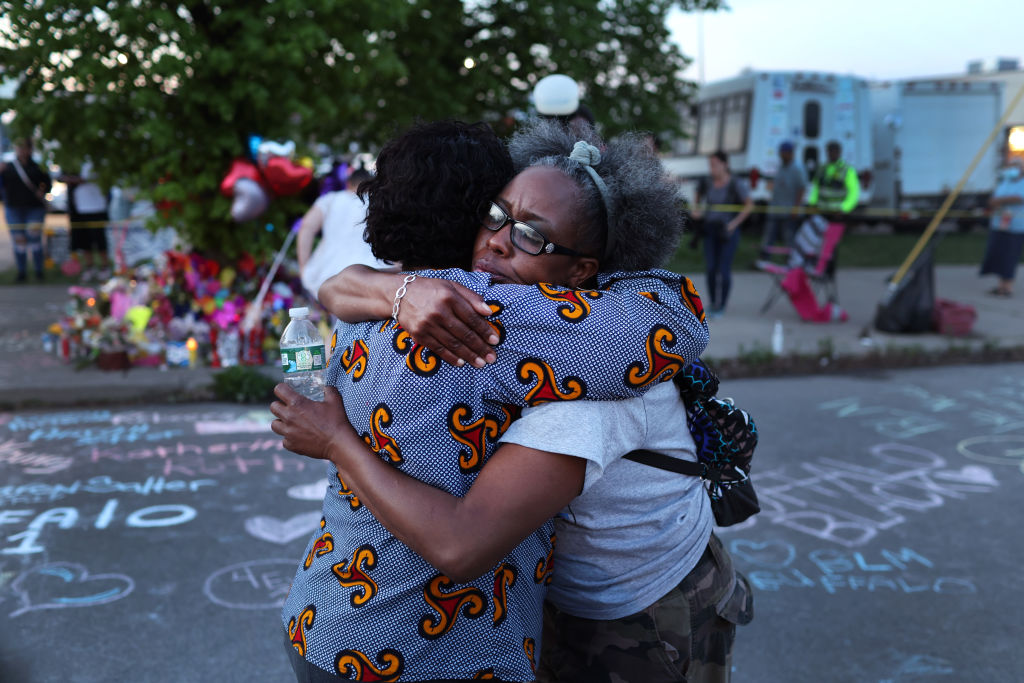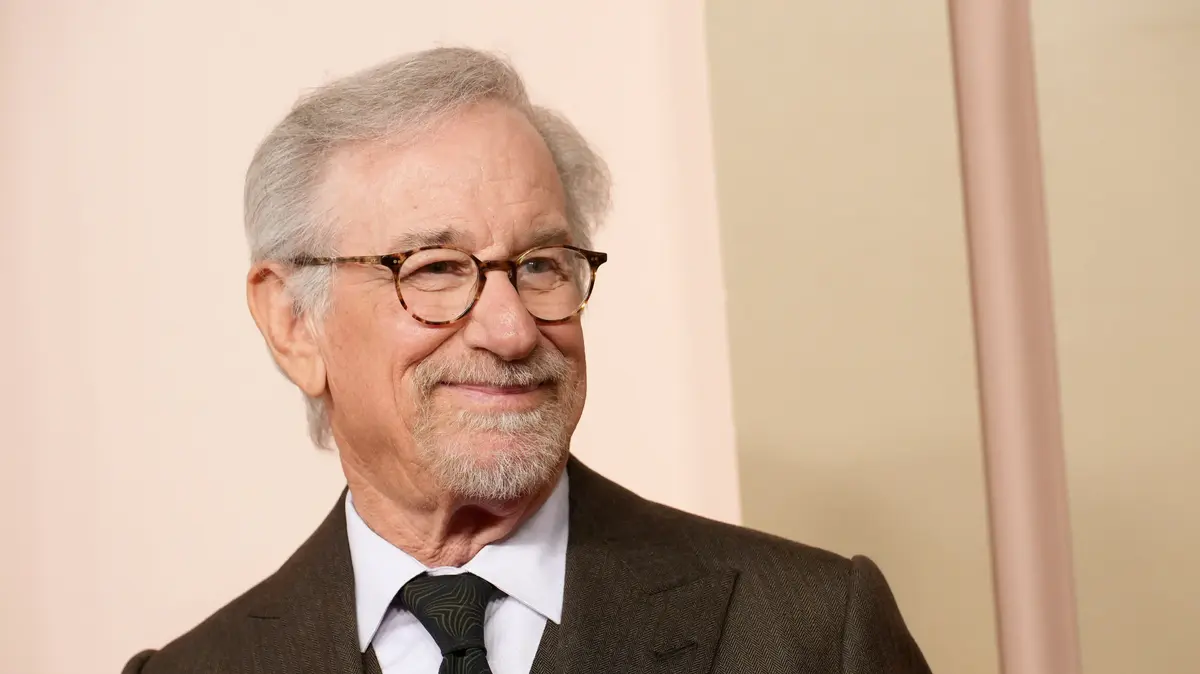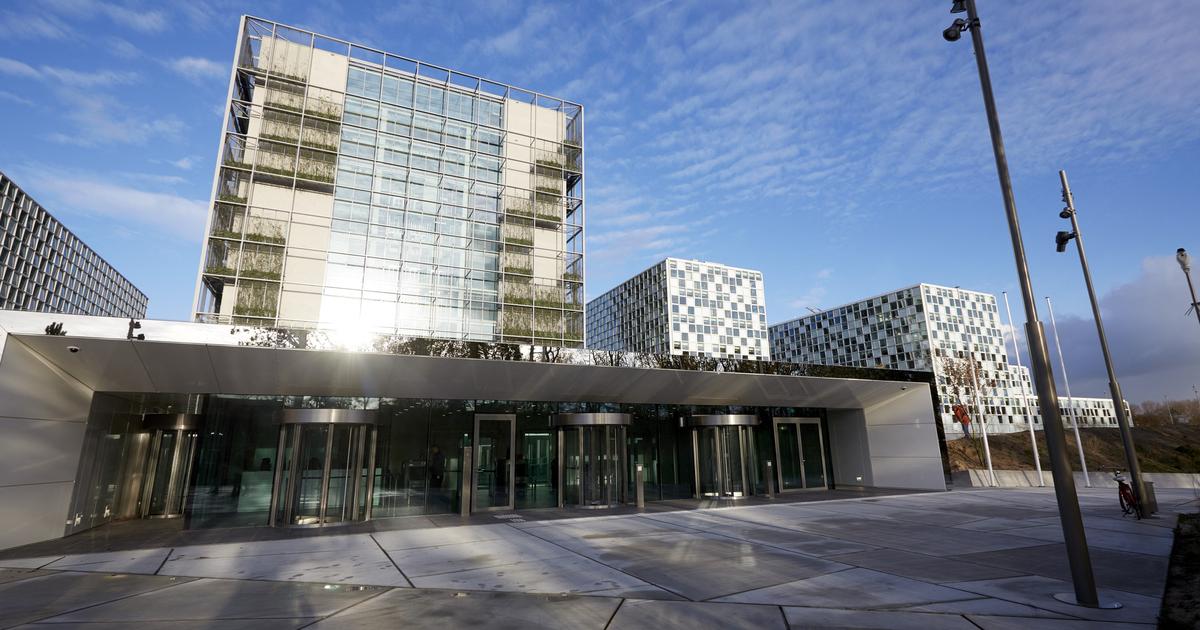Governor of New York speaks about the publications of the suspect of 4:53
(CNN Spanish) --
The FBI is investigating the Buffalo massacre, in which 10 people died, as a "hate crime" and a case of "violent extremism" for racial reasons.
The shooting brings back into focus a reality that has fueled massacres and other acts in the United States: discrimination and racial hatred.
And that, in addition, makes a considerable percentage within minority groups live in fear.
An 18-year-old white man shot and killed 10 people and wounded three others at a supermarket in a predominantly black area of Buffalo, New York, last Saturday.
Hate, which according to the authorities motivated the crime, was at the base of multiple massacres throughout the country in recent years.
Five hate-motivated massacres, just like the one in Buffalo, authorities say
Here, the definitions and key figures to understand what is happening.
Racial discrimination, a concept with multiple dimensions
At the base of all forms of discrimination, Amnesty International explains, are "prejudice based on concepts of identity and the need to identify with a particular group."
advertising
The result can be division, hatred and dehumanization of people who have a different identity than the one who discriminates.
Racial discrimination can be defined as any "distinction, exclusion, restriction, or preference based on race, colour, descent, or national or ethnic origin," according to the Convention on the
Elimination of All Forms of Rational Discrimination—a wide-ranging international treaty on the subject—, which has the purpose or result of "annulling or undermining the recognition, enjoyment or exercise, under conditions of equality, of human rights and fundamental freedoms".
Put more simply, it implies denying people their human rights due to the aforementioned variables that, in addition to race, include four other reasons, including national or ethnic origin.
Therefore, racial discrimination can be that against black people, but also against Jews, migrants and indigenous people, among many other groups.
Black couple sue for discrimination after home appraisal 3:33
Racial hate
Racial hatred can be summarily defined as "hatred against a group of people because of their colour, race, nationality or ethnic or national origin", according to Oxford, a definition that coincides with that of national legislation such as that of the United Kingdom.
Linked to this concept is that of hate crimes.
As explained by the United States Department of Justice, these are crimes motivated by "prejudice as to race, color, religion, national origin, sexual orientation, gender, gender identity, or disability."
violent extremism
Hate crimes are a form of violent extremism, as defined by the FBI.
This practice may also involve "encouraging, absolving, justifying or supporting the perpetration of a violent act to achieve political, ideological, religious, social or economic objectives," says a site of the information disclosure agency on this subject.
Violent extremists are motivated by "distorted beliefs and values—or ideologies," the agency explains.
Many ideologies of this type are based on hatred of a race or ethnic group but also of a religion, gender, government or country.
Violent extremists think that their lifestyle or beliefs are under attack and that violence is the solution.
Sometimes they distort the teachings they received, for example those of a religious nature, to justify their positions.
Extremist white supremacists fall into this category, which also includes other groups such as religious extremists and anarchists, among others.
Chad Wolf: White Supremacists Main Threat to America 1:25
There is no single reason why people become violent extremists, the FBI says, but it may be linked to "filling a deep personal need," such as feeling their lives lack meaning.
People who are going through painful experiences, isolation and frustration can also be targeted by those who want to recruit individuals for their extremist attacks.
In hate crimes, the victim is not only the target of the attack.
People who are victims of hate crimes are more likely to experience psychological problems than those who are the targets of other crimes, according to the American Psychological Association.
This includes post-traumatic stress, safety concerns, depression, anxiety, and anger.
But in addition, according to the association, "hate crimes send messages to members of the victim's group that they are not welcome and are not safe in the community, victimizing the entire group and diminishing feelings of safety and protection."
In this regard, the Department of Justice explains that the effect of hate crimes on communities is broader than that of most other crimes: the victims are not only the immediate target of the crime, but also others like them.
It is not a perception: hate crimes escalate in the US
More than 10,000 people reported in 2020 having been victims of a hate crime because of their race or ethnicity, sexual orientation, gender, religion or disability, according to an FBI report published in October 2021. This is the highest number in 12 years .
Attacks targeting black people rose from 1,972 to 2,871, and those against Asians rose from 161 to 279, according to the data.
The number of attacks on Jews, meanwhile, dropped from 963 in 2019 to 683 in 2020, according to the report.
The category of hate crime incidents in which a victim was targeted because of their race, ethnicity, or ancestry had the largest increase from 2019 to 2020: 8,052 incidents compared to 3,954 the previous year.
An overwhelming majority of 56% was against black people.
The Department of Justice and the FBI are required, under a 1990 federal law called the Hate Crimes Statistics Act, to publish an annual report with figures on hate crimes.
The report is the most comprehensive look at hate crimes across the country, but there is likely to be significant underreporting since law enforcement agencies are not required to submit their data to the FBI for the report.
fear in figures
About one in three black adults in the United States (32%) worry every day, or almost every day, that they might be threatened because of their race, according to a study published in May by the Pew Research Center.
This concern extends to other groups: among Asian Americans it rises to 21% and among Hispanics to 14%.
The percentage drops significantly among whites: 4% have that concern.
Concern for their personal safety has caused many to change their routines.
Here, the most impacted group is that of Asian Americans, where 36% introduced modifications.
Among black people, 28% implemented changes to their schedules, according to the Pew study, a figure that rises to 22% among Hispanics and 12% among whites.
With reporting from CNN's Christina Carrega, Priya Krishnakumar, Travis Caldwell, Amanda Watts, Christina Maxouris and Phil Gast.









